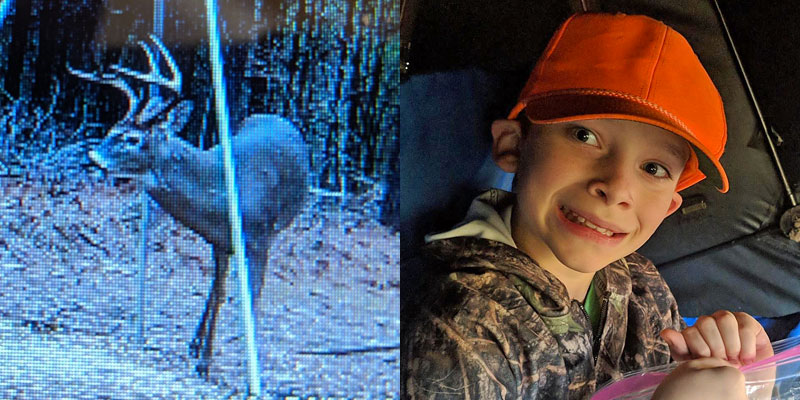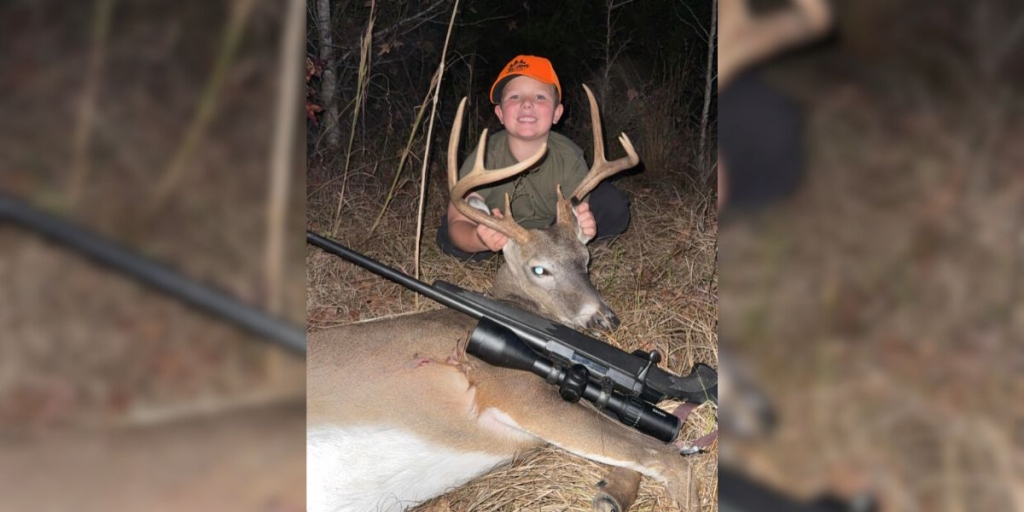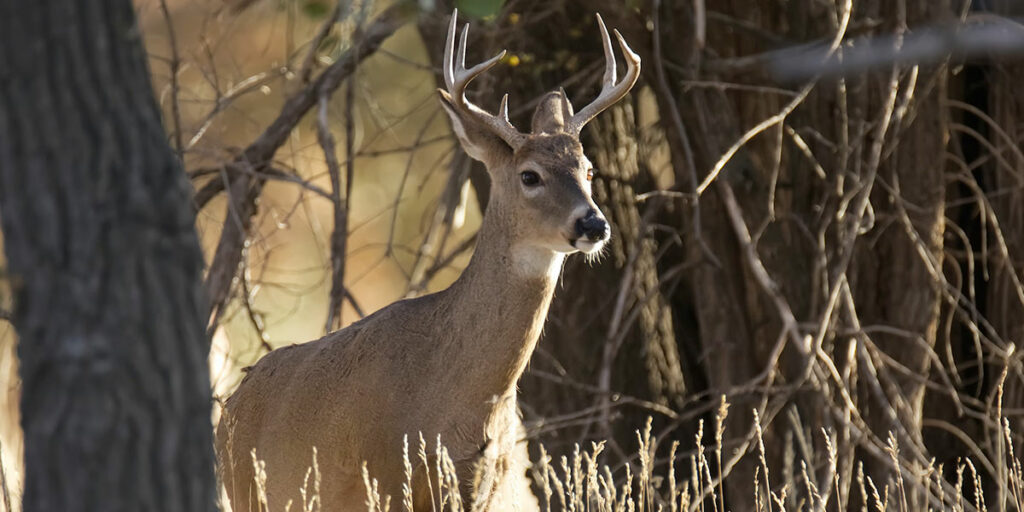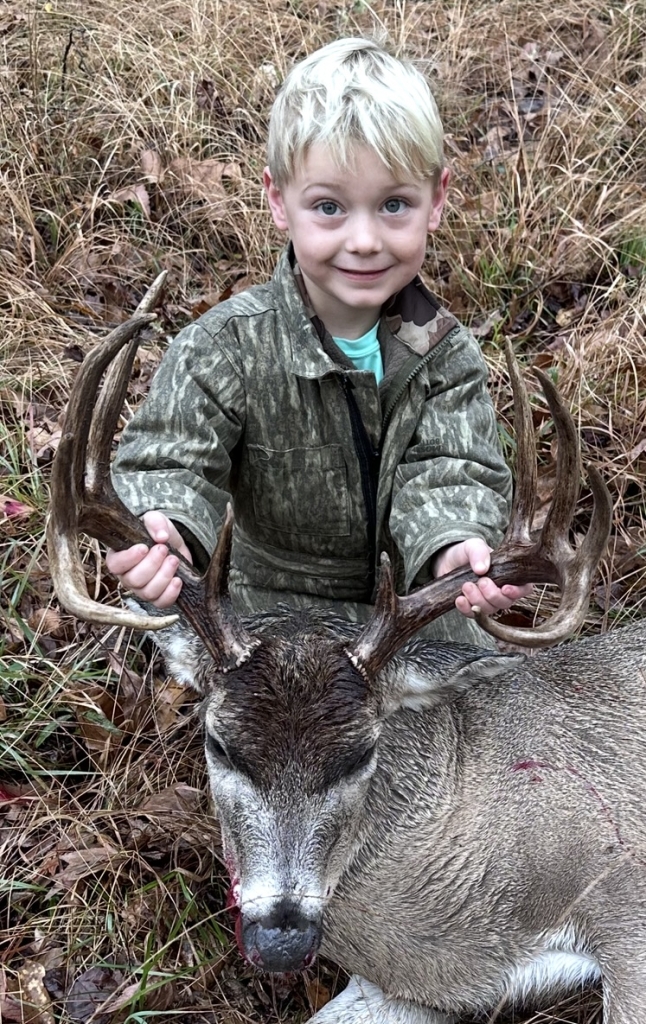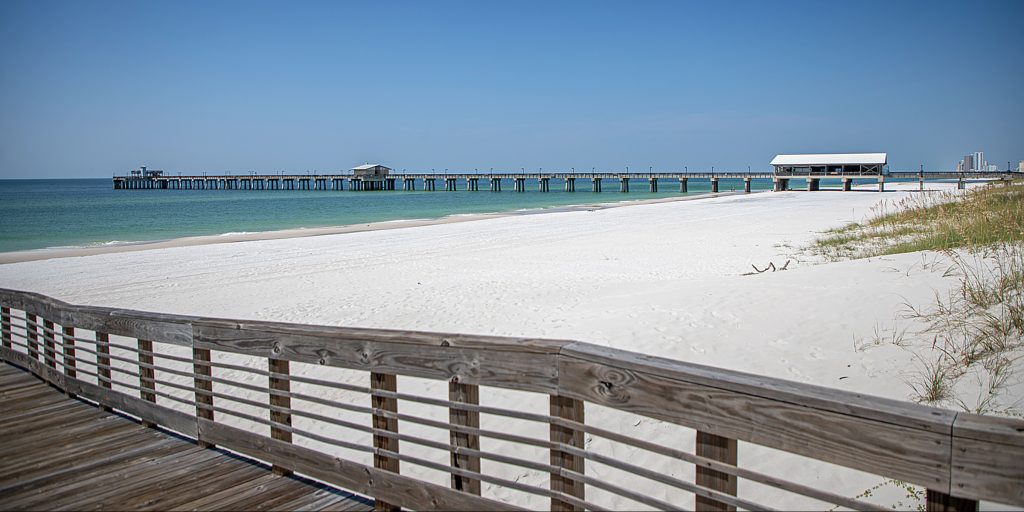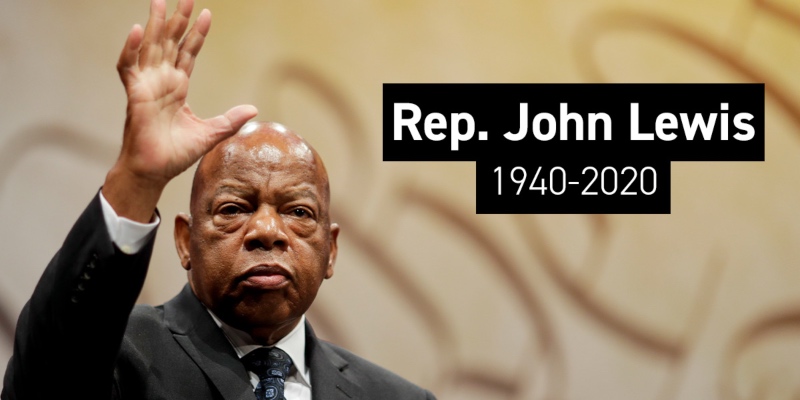Due to COVID-19 restrictions, the State Lands Division of the Alabama Department of Conservation and Natural Resources (ADCNR) will conduct its hunting lease program without a live auction for 2020.
Patti Powell McCurdy, State Lands Director, implemented a program in 2010 that aligned all leases under State Lands’ control to operate on a five-year public bidding cycle. State Lands would kick-off a new cycle by advertising an Invitation for Bids listing all the tracts available for leasing.
Until this year, potential lessees could submit sealed written bids, but they also had the opportunity to continue bidding at a live auction.
“We had an auctioneer conducting the bidding,” McCurdy said. “If we received written bids on a tract, the highest written bid then became the new minimum at the live auction. Like any other auction, people would be raising their hands and yelling out bids. It was fun to watch.”
McCurdy said when it came time to send out the 2020 Invitation for Bids, the uncertainties related to COVID-19 presented hurdles that made it unrealistic to try to hold a live auction.
“We held off a bit in hopes that we could find a way to successfully include a live auction component,” she said. “We never really got there. The last thing I wanted was for a hunter to drive several hours and then be unable to bid at the live auction because of capacity limitations or other restrictions. I ultimately decided to move forward the best way we could. So, for the 2020 cycle, State Lands will only be accepting written, sealed bids.”
However, with the 2020 cycle providing avid hunters an opportunity to submit bids for 145 tracts across 30 counties, there is still plenty to get excited about this year.
McCurdy said the hunting lease program expands the many excellent public hunting opportunities currently offered by the Department of Conservation and Natural Resources on the state’s wildlife management areas (WMAs), Special Opportunity Areas (SOAs) and various Forever Wild Land Trust tracts.
“The leasing program gives individuals the opportunity for a totally different hunting experience – a very personal one,” she said. “Not everybody has access to family land or a hunting club. This gives the public an opportunity to lease a tract and enjoy it with family and friends. Our bidders range from hunting clubs to grandparents looking for a place to take their grandkids hunting. I suspect we might also have a few bidders who just want a place to get away and enjoy all by themselves. It’s just a different experience we can offer the public.”
One happy lessee is Marty Pasley, who leases a tract in central Alabama. Pasley said the lease allows him to take his 9-year-old grandson hunting anytime he is available.
“This has been great for me and my grandson,” Pasley said. “It’s been a godsend for me because it’s close to home. It’s been the greatest experience in the world with the way State Lands did everything they said they would do. It’s been a great setup to take kids. Almost every time we go, we see deer. I’ve really been blessed to be able to lease this property.”
While Pasley leases for his family, hunting clubs also participate in the program.
“It’s been fantastic for us,” said Brian Fulkerson, who leases land in south Alabama. “If I need any support, they (State Lands) are fantastic. We’re on the QDMA (Quality Deer Management Association) program, so we take care of our deer. I know they didn’t have a choice on the bidding process. Sealed bid is okay with me.”
Interested bidders can go to www.outdooralabama.com/hunting-lease-bid-2020 to see the 2020 Invitation for Bids, a “Complete Listing of 145 Hunting Lease Tracts” (ranging from 43 acres to 1,400 acres), maps for each hunting lease tract, and a sample hunting lease.
“I encourage everyone to first read the Invitation for Bids very carefully,” McCurdy said. “It is the official document detailing all requirements related to submitting a bid that must be followed so that the bid can be accepted by State Lands.”
Perhaps most importantly, the opportunity to submit a bid will close on July 30 at 3 p.m., the deadline for all sealed bids to be physically received at the State Lands Division office in Montgomery.
“It’s the responsibility of each bidder to make sure it reaches our office on time,” McCurdy said. “We cannot accept any bids for any reason after the deadline in the Invitation for Bids. Bidding starts at the tract-specific minimum bid amount noted in the Complete Listing.”
Each bid submitted must also include a certified or cashier’s check (no cash or personal checks) for the required bid deposit for that tract. McCurdy said the required bid deposit amount can also be found on the Complete Listing.
“We can’t consider any bid that is not accompanied by the bid deposit,” she said. “Again, it is just so critical to read and follow all the instructions in the Invitation for Bids. Successful bidders will have the bid deposit applied to the first year’s rent. Bid deposits submitted by unsuccessful bidders will be returned.”
“After the bid opening on the following day, hopefully by close of business, the highest bids for each tract will be posted at the same website link (see above),” McCurdy said.
In the event of a tie, State Lands will contact the tied bidders regarding the process for those bidders to continue the competition and arrive at the highest bid.
“If a successful bidder fails to execute the lease within the required 30-day period, we can contact the next highest bidder,” McCurdy said. “So, even if you are not the highest bidder initially, you could still have a chance to lease the tract you want.”
Interested bidders should also take the time to review the sample lease. McCurdy said it is important to be sure you are willing to comply with the lease provisions throughout the five-year lease period, before submitting a bid.
“One requirement is to maintain general liability insurance,” she said. “A successful bidder must also submit a list of the proposed hunters who will be on the tract. We do check those hunters for a record of game violations. Lessees are also required to provide some landowner assistance and generally return the tract to State Lands in as good or better condition than they found it.”
The hunting lease program is just one example of how State Lands fulfills its responsibility to manage a variety of state-owned land for the purpose of generating revenue.
“Like any business that manages real estate as an asset, State Lands is charged with trying to find ways to make these tracts a revenue-generating asset for certain state agency beneficiaries,” McCurdy said. “To some, this might sound like an unexpected role for the Department of Conservation and Natural Resources, but really it’s not. Employing proven conservation principles and implementing best management practices has always been directly linked to the resulting productivity of land. While you might see a one-time generation of revenue, you will never achieve the goal of perpetually generating revenue unless you take proper care of the land over the long term. So, these leases are truly a win-win for the state and hunters. They generate revenue for various state agencies, like the Department of Education and the Department of Mental Health, and at the same time allow State Lands to offer a unique hunting opportunity to anybody willing to participate in the bid process.”
David Rainer is an award-winning writer who has covered Alabama’s great outdoors for 25 years. The former outdoors editor at the Mobile Press-Register, he writes for Outdoor Alabama, the website of the Alabama Department of Conservation and Natural Resources.




